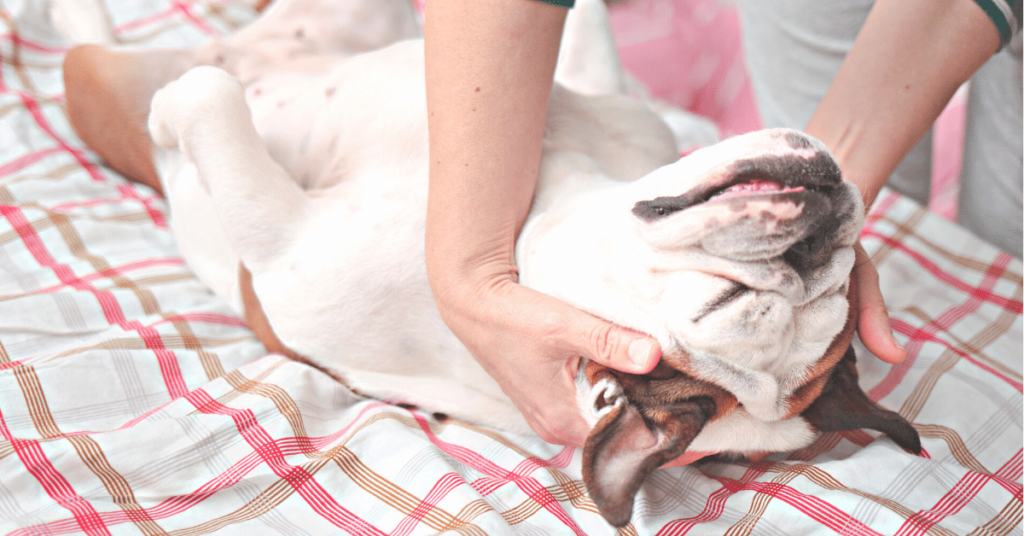Finding an Allergy-Friendly Pet
If you’re one of the many people who suffer from allergies but still dream of having a furry companion, don’t worry – you can still adopt a pet! While all animals produce allergenic proteins to some extent, certain breeds and species are known to be more allergy-friendly. Here are some tips to help you find the perfect pet that won’t trigger your allergies.
Consider Hypoallergenic Breeds
Some dog and cat breeds are classified as hypoallergenic because they produce fewer allergenic proteins or shed less dander. For example, Poodles, Bichon Frises, and Siberian Forest Cats are often considered hypoallergenic. However, it’s important to note that individual reactions to allergens can vary, so it’s best to spend time with the specific breed you’re interested in before making a final decision.
Visit Animal Shelters and Rescue Organizations
Animal shelters and rescue organizations are excellent places to find allergy-friendly pets. Most shelters have a variety of breeds and mixed breeds available for adoption. By visiting these organizations, you not only give a loving home to a deserving animal but also get a chance to interact with them and assess any potential allergic reactions.
Consult with a Veterinarian
Before adopting a pet, it’s wise to consult with a veterinarian, especially if you have severe allergies. A veterinarian can provide valuable advice on which breeds or species are more likely to be compatible with your allergies. They may also recommend allergy testing to identify specific allergens that can help in making an informed decision.
Tips for Creating an Allergy-Friendly Home
Once you’ve found an allergy-friendly pet, it’s crucial to create an environment that minimizes allergens and keeps your allergies under control. Here are some helpful tips:
Create Allergy-Free Zones
Designate certain areas of your home as allergy-free zones, such as bedrooms or specific rooms where you spend most of your time. Keep your pet out of these areas to ensure you have a safe haven where you can escape allergens.
Regular Grooming
Frequent grooming is key to reducing allergens in your home. Brush your pet regularly to remove loose fur and dander that can trigger allergies. You can also consider professional grooming services that specialize in allergy-friendly practices.
Vacuum and Clean Regularly
Invest in a vacuum cleaner with a HEPA filter to effectively trap pet allergens. Regularly vacuum carpets, furniture, and curtains to remove any lingering fur or dander. Additionally, regularly wipe down surfaces with hypoallergenic cleaning products to minimize allergens in your home.
Keep Your Pet’s Living Area Clean
If your pet has a specific living area, such as a crate or bed, ensure it’s cleaned frequently. Use hypoallergenic bedding materials and wash them regularly to reduce allergens.
Managing Allergies
Even with allergy-friendly pets and a clean home, it’s essential to manage your allergies properly. Here are some tips to ensure a happy and healthy life with your pet:
Take Medication if Necessary
If you have allergies, consult with your doctor about suitable allergy medications or treatments. Antihistamines, nasal sprays, and allergy shots can provide relief from allergic reactions.
Wash Your Hands
After interacting with your pet, make sure to wash your hands thoroughly. This simple act can significantly reduce the likelihood of allergens spreading and minimize allergic reactions.
Consider Air Purifiers
Investing in high-quality air purifiers with HEPA filters can help remove allergens from the air, creating a cleaner and healthier environment for both you and your pet.
Summary
Having allergies doesn’t mean you have to give up on your dream of owning a pet. By choosing an allergy-friendly breed, creating an allergy-friendly home, and managing your allergies effectively, you can enjoy the love and companionship of a pet without suffering from allergic reactions. Remember, always consult with professionals and spend time with the prospective pet to ensure compatibility before finalizing the adoption.







